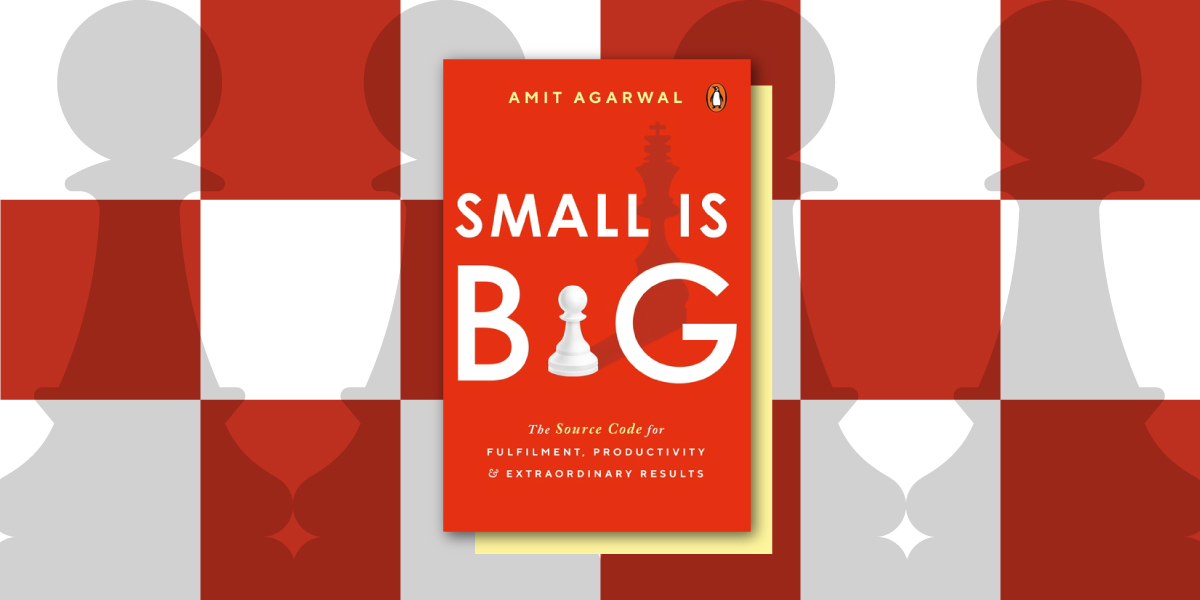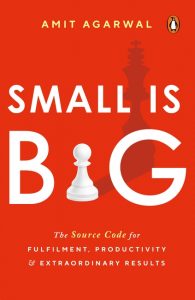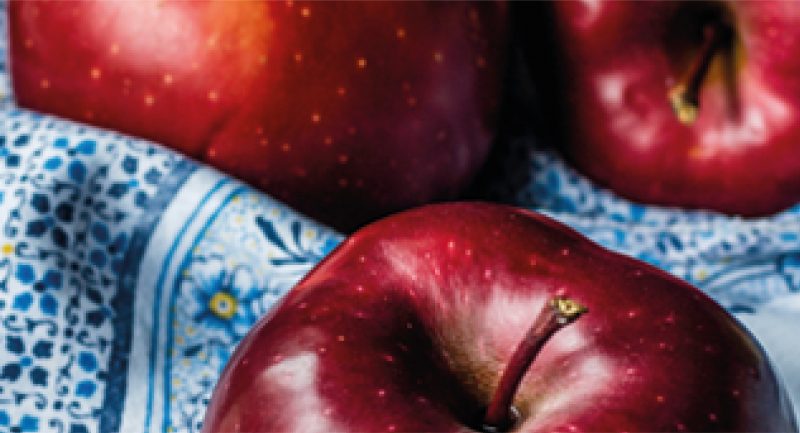
‘Shoot for the moon. Even if you miss, you’ll land among the stars.’
This famous, often paraphrased quote from Norman Vincent Peale is an insightful look at human motivation. And author Amit Agarwal would agree with this philosophy, which resonates in his book Small Is Big.
In the following excerpt, the author explains how micro-habits are an underrated and efficient tool for achieving goals. The book is replete with practical exercises, frameworks and examples so that readers can apply this ideology in their own way.

*
You follow a habit without knowing that you are doing so, or nearly or completely involuntarily. Isn’t this worthy of reflection? Almost every moment we perform an action that we have become so accustomed to doing that we are not even aware of it. Take a moment and recall the time you sleep and wake up every day. Is there a pattern to it? What do you do right after you wake up during the first hour of the day? Do you notice a similarity in what you do every day? Don’t be surprised if you do. It is all because many of our activities are simply a matter of habit.
Small changes in habit create a domino effect. The changes may appear as just minor tweaks of your old ways, but the continuous impact they have is brilliant. So how do we create effective micro-habits? I’ll begin by sharing a straightforward, an accessible framework.
STEP 1
Choose one pillar from the following: work, personal finance, family, physical health and mental health.
STEP 2
Under that pillar, list all the problems that you are experiencing. From that list, circle the top three issues you wish to address.
STEP 3
List all the benefits you will enjoy if you manage to tackle all the problems for the pillar chosen in the preceding step. This will help you to experience the nature of your desired state. Choose the three most important benefits.
STEP 4
For each of the elements identified in Step 2 and Step 3, what is the one thing that you can START and/or STOP doing?
STEP 5
Make that change and continue repeating that action for sixty-six days until it becomes a habit.
*
Small Is Big is now available at your nearest bookstore. Get your copy of this life-changing book, now!









